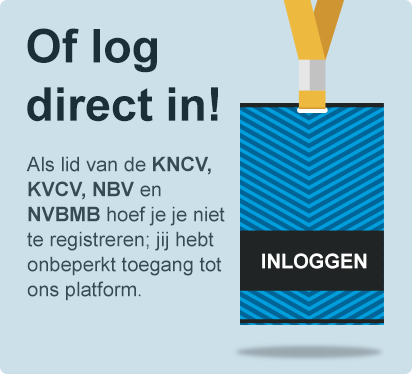Arnon Lesage – Convert sunlight for optimal plant growth

Our planet needs more food and we don’t want to use more land for agriculture. So we need to find a way to ensure that a plant uses all the energy from sunlight. Arnon Lesage is developing a flexible film that can convert sunlight according to the specific needs of each plant.
Verder lezen?
Maak eenvoudig een gratis profiel aan.
- krijg toegang tot ons online archief met meer dan 10.000 artikelen over chemie, life sciences en procestechnologie;
- kijk webinars live mee of later terug, lees exclusieve online-only content en plaats reacties op artikelen;
- ontvang elke week onze nieuwsbrief C2Weekly in je mailbox met nieuws en ontwikkelingen zodat je altijd up-to-date bent.
Als lid van de KNCV, KVCV, NBV, of NVBMB heeft u onbeperkt toegang tot deze site, u kunt hier inloggen.







